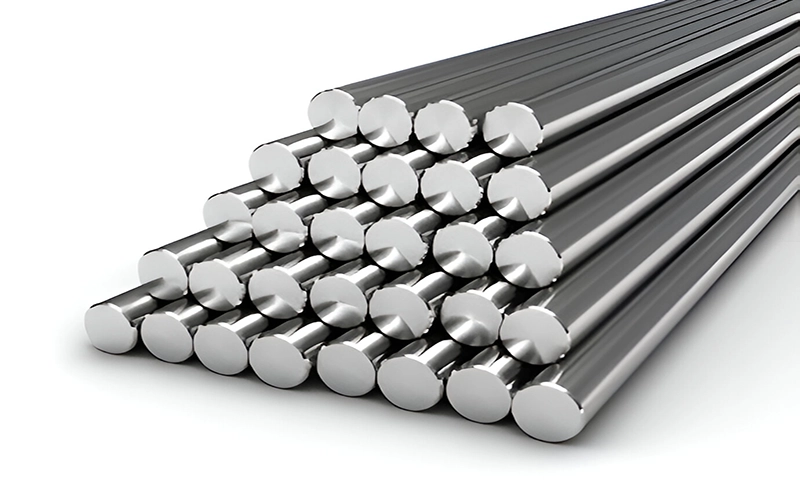Alloy steel is a category of steel that is alloyed with various elements in total amounts between 1.0% and 50% by weight to enhance its mechanical properties. These alloying elements are intentionally added to improve strength, hardness, toughness, wear resistance, corrosion resistance, and hardenability. Common alloying elements include manganese, nickel, chromium, molybdenum, vanadium, silicon, and boron.
There are two main types of alloy steel: low-alloy steel and high-alloy steel. Low-alloy steels typically contain less than 5% alloying elements. They are known for their cost-effectiveness and are often used in structural components, pipelines, and pressure vessels. On the other hand, high-alloy steels contain more than 5% of alloying elements, with stainless steel being the most well-known type. Stainless steels contain at least 10.5% chromium, giving them exceptional corrosion resistance.
The addition of specific elements brings distinct benefits. For example, chromium increases hardness and corrosion resistance, while nickel enhances toughness and resistance to impact and fatigue. Molybdenum boosts strength at high temperatures, and vanadium contributes to wear resistance and toughness.
Alloy steel is known for its versatility and is widely used in industries such as automotive, aerospace, construction, oil and gas, railways, and heavy machinery. In the automotive industry, alloy steels are used in engine components, gears, and axles due to their high strength and fatigue resistance. In the aerospace sector, lightweight high-strength alloys are essential for constructing aircraft parts that must endure extreme conditions.

Construction and infrastructure projects rely on alloy steel for bridges, buildings, and reinforcement bars, while the oil and gas industries use alloy steel in drilling tools, pipelines, and offshore platforms due to its durability under harsh environments.
One of the major advantages of alloy steel is its adaptability through heat treatment. Heat treating can significantly enhance hardness, strength, and ductility, depending on the desired application. However, working with alloy steel requires precise control during manufacturing and welding processes to maintain its properties.
In summary, alloy steel is a crucial material in modern engineering, offering a blend of mechanical performance, cost-efficiency, and versatility. Its customizable nature through alloying and heat treatment makes it ideal for demanding applications where basic carbon steel would not suffice.


© 2013 Vertix Co. All Rights Reserved. Leading Supplier Of Foundry & Metallurgical Materials